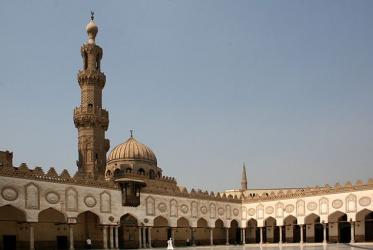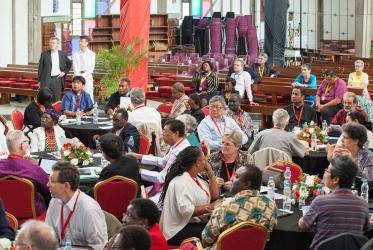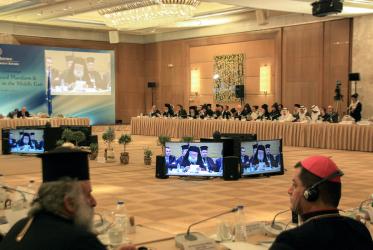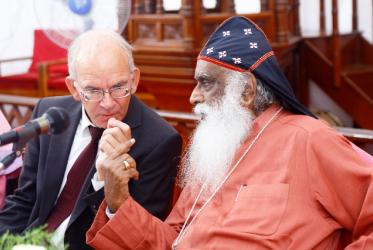Displaying 81 - 100 of 164
Holy work for the Holy Land
29 March 2017
Being Church in Europe Today: Migration through a theological lens
14 December 2016
Al-Azhar: navigating the difficult centre
06 October 2016
Religious leaders of many faiths talk peace in Assisi
21 September 2016
European identity and values: an exploration
12 April 2016
At Nordic conference, Tveit reflects on role of hope in advocacy
12 January 2016
International conference addresses challenges in the Middle East
22 October 2015
Church leaders celebrate the life and work of Dr M.M. Thomas
02 September 2015







